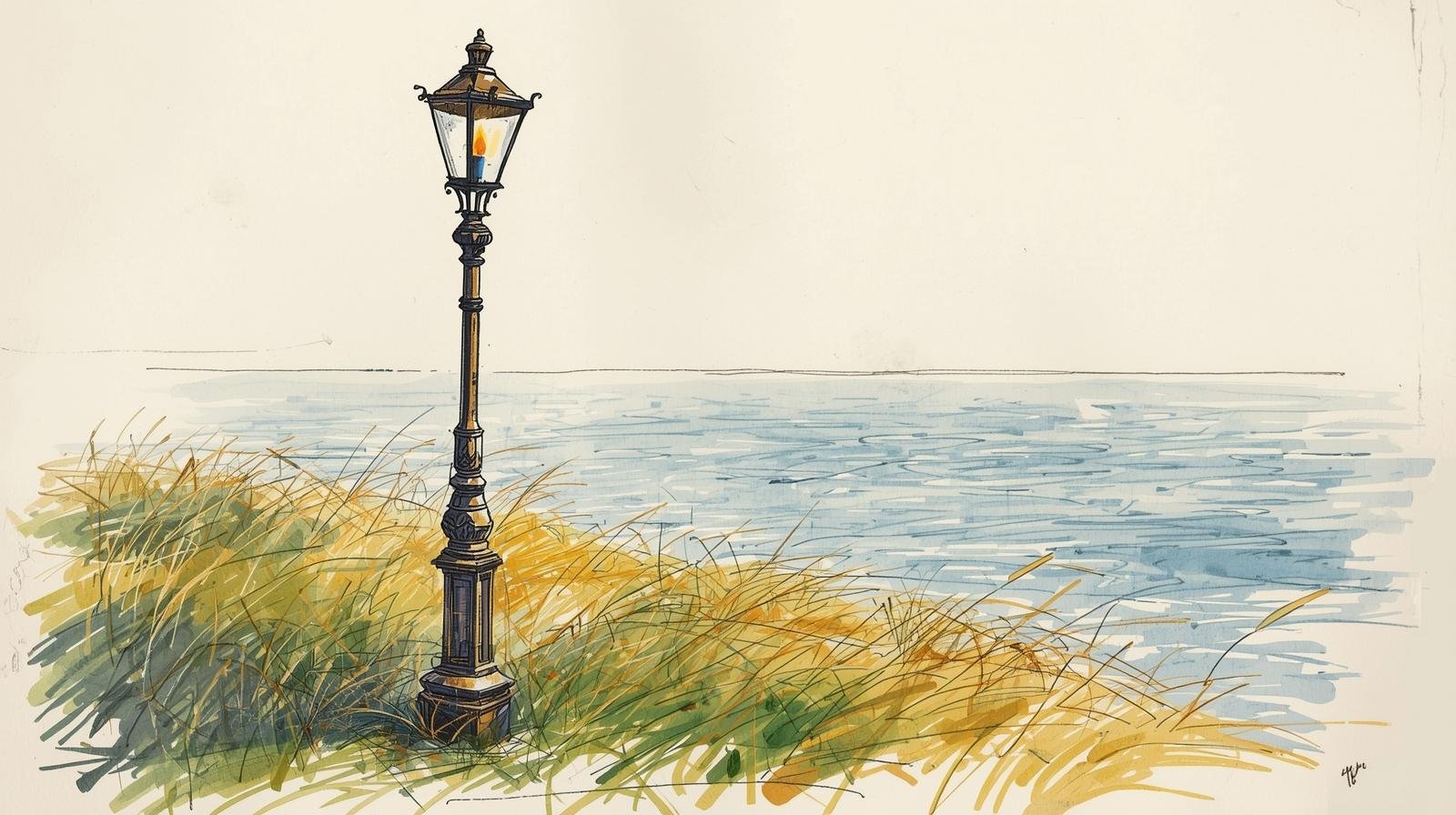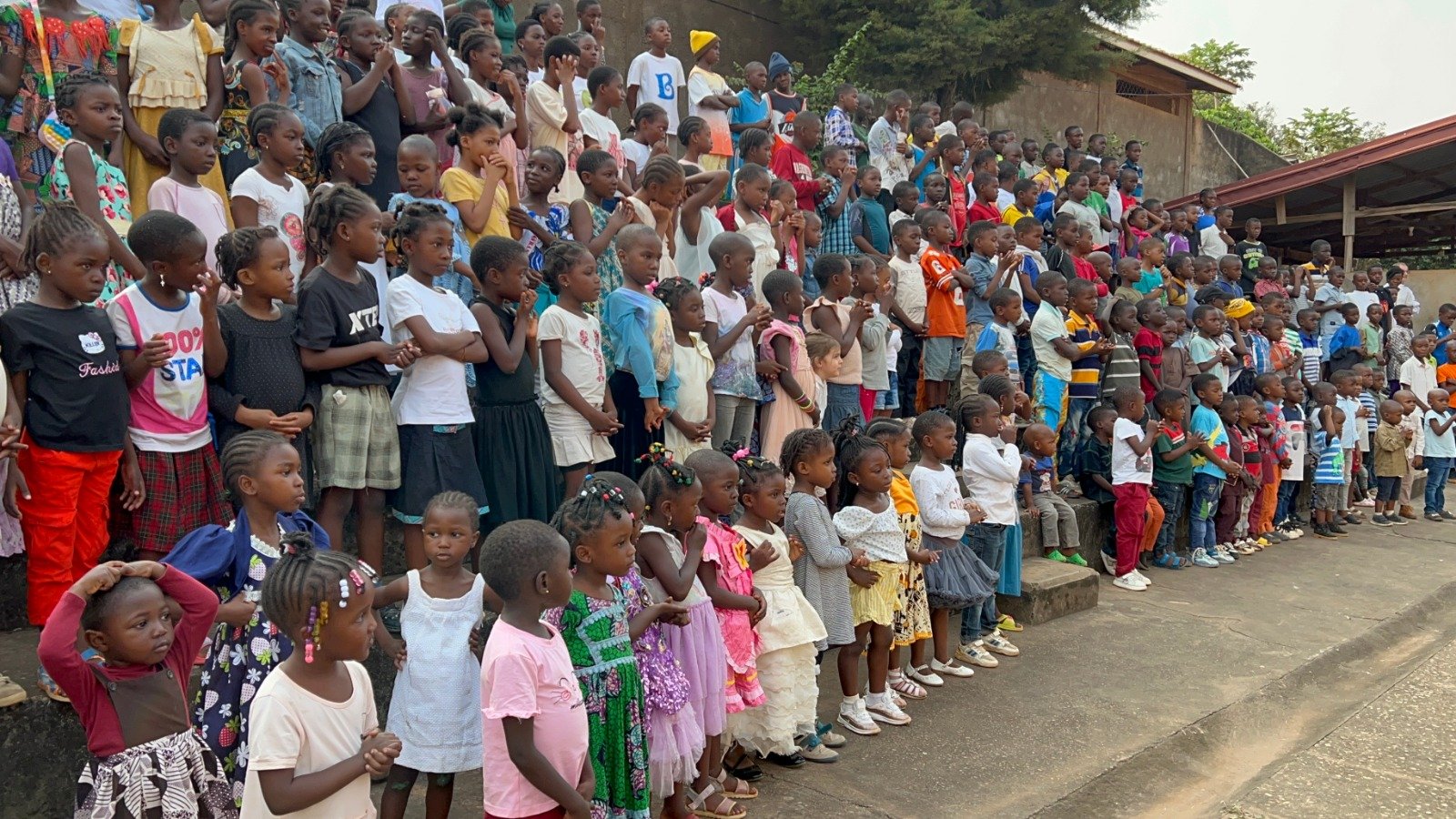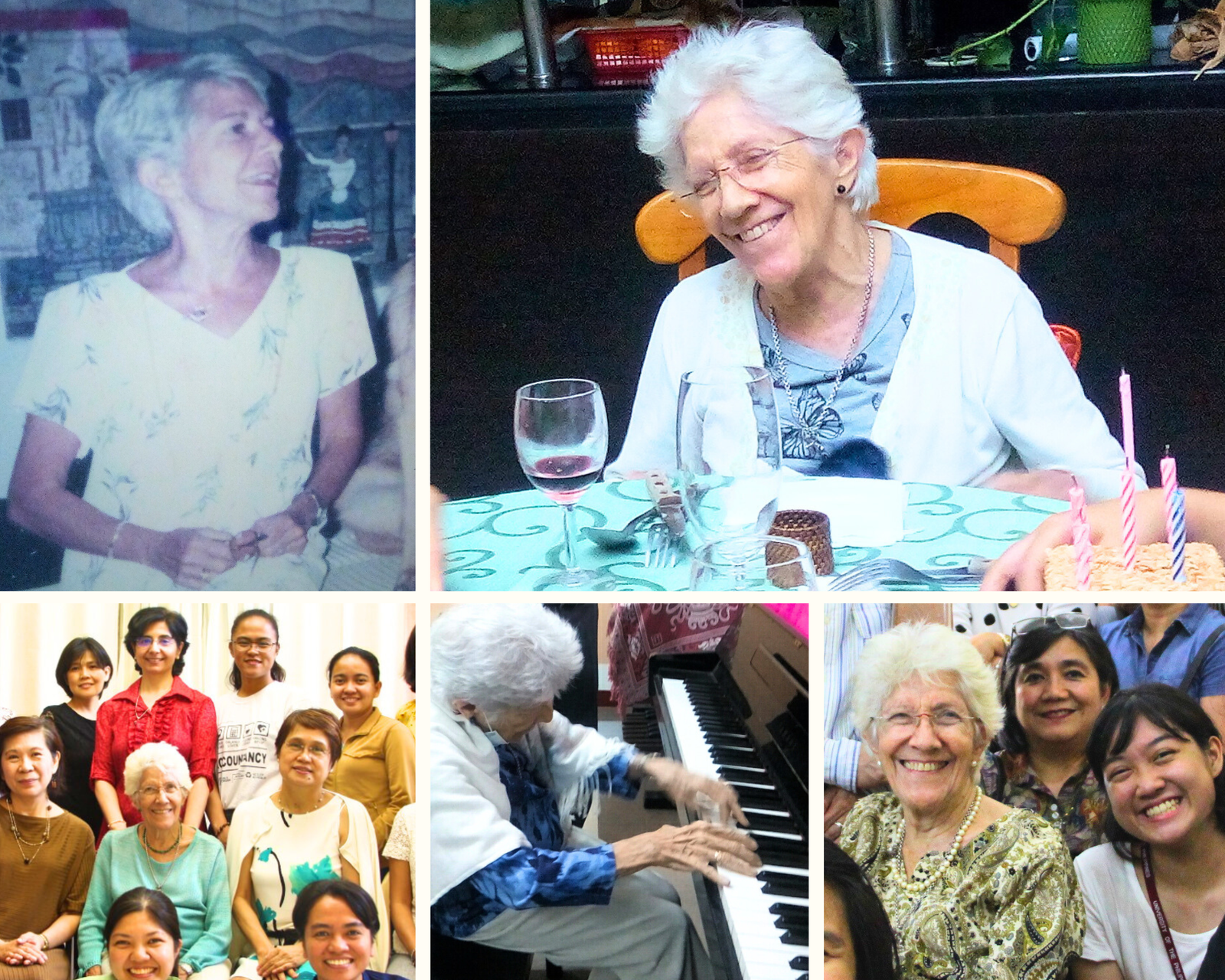
By F. Luis Casasus, General Superior of idente missionaries
Commentary on the Sunday Gospel of 11-8-2019, Nineteenth Sunday in Ordinary Time (Book of Wisdom 18:3.6-9; Letter to the Hebrews 11:1-2.8-19; Saint Luke 12:32-48)
Many of you probably know the following story about the young St. Aloysius Gonzaga. One day when he was playing ball, someone jokingly asked: Aloysius, if God called you to Himself tonight, what would you do right now? Aloysius calmly answered: I would continue playing ball.
A conclusion we can draw from this episode of his life is that it is always possible to do anything in the name of God.
Whether it is a small daily matter or a high responsibility to society, in God we should and we can complete them all. They are all works that help us prepare to meet God, they all are missions.
In fact, this is one of the teachings of the first Parable we hear today in the Gospel:
A noble man went to a wedding party and left home his servants. They know that the master will come back, but they do not know the time; they only know that it is necessary to be ready to welcome him. What is the lesson for us all?
It is easy to come to the conclusion that one has to be prepared to welcome God at the end of life. Of course, unexpected death can happen and we have to be prepared. Who could deny it? But Jesus is subtler.
It is true that God meets man at the end of life. However, if we observe well, death does not always behave like a thief. It typically announces its coming; it is preceded by very specific signs: old age, sickness, pain, decay.
The sudden coming of God is another story. They are comings that take us by surprise like that of a thief. They are those in which he comes not to steal, but to save, to invite us to welcome the Kingdom of God.
The image of the thief has an undeniable intimidating tone. The aim is to warn of the danger of losing our current opportunity for salvation that never arises again. Remember that one of the meanings of salvation is immediate union with Christ and His mission.
Vigilance is equivalent to the constant availability of service. A true disciple does not have free moments in which he can withdraw into himself in the pursuit of self-interest, times in which he is not ready to help those who need his help. The disciple is always on duty.
Two images describe the vigilant disciple: to gird his loins for action and to keep the lamp burning. The wise steward does not turn off the light, he acknowledges his need of God’s guidance and inspiration and, at the same time, anyone who needs him knows that he is always available.
The parable ends saying that the master of the house will make the faithful steward sit at table, this is the promise of bliss reserved for those who already are part of the kingdom of God, the divine response in the form of new missions, new gestures of trust.
* Sometimes we are able to choose from a wide variety of possibilities, not just between doing good or bad things, but between different possible good actions: With whom should I be now? Is it better now to listen to this person or to give him an advice? How can I help this young person to live his generosity?
The problem is NOT that we resemble Buridan’s ass, who died from hunger and thirst after being unable to choose between two equally good options (a bucket of water and a bundle of hay) equally distant from it. The true difficulty is that we use only our poor reason and our limited experience to make decisions about our service. Thus, most of times, we do not come to Christ to find out His opinion; we forget that we are stewards of the gifts we received, and our generosity becomes void of meaning, purpose and direction.
This is why Jesus gives us today a very practical rule: Sell what you have and give alms.
The rich farmer of last Sunday’s parable did not have time to listen to that Word that would have revealed the secret for not losing his capital, to remember what the Old Testament always suggests, that almsgiving is a precious treasure in the eyes of God:
The wise always try to listen, and they will pay attention to a wise saying. Money given to the poor brings forgiveness for sins, just as water puts out a fire (Sir 3:29-30).
Almsgiving represents to make available to our neighbor all spiritual, intellectual and material riches.
It is exemplary, in this sense, the Gospel episode of the poor widow’s offering, and her giving of the only money she had left. Her insignificant coin becomes an eloquent symbol: this widow gives to God not out of her abundance, not so much what she has, but what she is. Her entire self. Today, Jesus is trying to teach us that if we receive more, we need to share more and give more of our time, our talent, and our treasure.
At the end of today’s Gospel, Jesus sets out a principle for our relationship with the Holy Spirit as stewards of his gifts: Much will be required of the person entrusted with much, and still more will be demanded of the person entrusted with more. This statement should not be taken as a threat, but rather is a sign of God’s expectations of us and His faith in us.
We often speak about how important faith in the God is, but we also need to understand that He has a strong element of faith and trust in us as well. Today’s Parable of the Faithful Servant represents another form of saying this: He will put him in charge of all his property, He will show more and more signs of faith and trust in his servant. First, we must recognize our gifts and that we are gifted. Then God’s expectations of us are tied to how we use our gifts. This is a form of dialogue: we give a sign of faithfulness and then He responds with a new sign of trust.
The letter to the Hebrews today speaks about the faith of Abraham as a model for the first Christians, and for us today. Most of all, Abraham is presented as someone who was active in his faith. Faith is not passive, it is active. Abraham did not simply believe in a passive way, but actively sought to do God’s will in his life. So too, we are called to be active in our faith, to discern what God wants of us, and to pursue that in our lives. The Gospel speaks also of an active kind of faith. Jesus uses the parable of the thief in the night to warn his listeners that there must be a sense of urgency about the Christian life.
The basis for an active faith life is prayer, because only in a state of in prayer we discern the divine will for us. Abraham discerned God’s will, by making space and time for God in his life. We are called to do the same, to make space and time in our daily schedule, for the still, small voice that comes to us in moments of silence and reflection, and in our encounters with our neighbors, who are always in need.
We recall that, in the garden of Gethsemane, when Jesus returned to his disciples and found them sleeping, he warned them to watch and pray (Mk 14:38). He could just as easily have said, Watch, that is, pray. For it is only our prayerful remembrance of God’s presence among us and of the promise of the Kingdom that will protect us from the fatal distractions that lead us to live by the world’s standards and to be found unprepared when He comes for us.
Jesus would spend time in prayer with His Father. After a long day’s ministry, He would retire in prayer: And after he had dismissed the crowds, he went up into the hills by himself to pray (Mt 14: 23). And in the morning, a great while before day, he rose and went out to a lonely place, and there he prayed (Mk 1: 35). And before important decisions, He would pray: In these days he went out into the hills to pray; and all night he continued in prayer to God. And when it was day, he called his disciples, and chose from them twelve, whom he named apostles (Lk 6: 12f).
* At other times, in contrast, we are so limited by our health, energy, or ignorance, that we wonder how can we make a difference in the life of others and in the kingdom of God. Impotence is then our dominant feeling. This explains the words of Christ in today’s Gospel text:
Do not be afraid, little flock, for it has pleased your Father to give you the Kingdom. The disciples are afraid: they know they are few and weak in the face of a hostile world. They get scared because evil is strong; it triumphs everywhere; it seems overwhelming and they feel fragile and unable to resist. The Kingdom of God -Jesus assures- will come because it is not the work of man; it is our Father’s gift.
This is also the spirit of today’s First Reading. During the difficult times in the history of Israel, the people have regained confidence looking at its past. Verifying that her God had always protected and freed her from all forms of slavery, she felt comforted, confronted adversity with renewed vigor and looked optimistically to the future. Our suffering becomes prayer.
The Book of Wisdom narrates that, while the Egyptians were surrounded by darkness, the Israelites were accompanied by a pillar of fire; the Lord himself led them to unknown paths. On the night they left the land of the Pharaoh, the righteous were saved and the enemies exterminated. That’s the reason why they have decided to meet regularly every year to celebrate on Easter Vigil, these glorious events.
We also have to remember with gratitude what the Lord had done for us, lest we turn to false gods and worship ourselves. Remembering that God is the creator and provider of all things, help us to be humble and grateful for what we receive, and be less anxious about our future needs. Instead, we can trust in His divine providence, and also share with those who are in need.
Sarah and Abraham died without seeing the fulfillment of the promise that had been made to them. They had one child only, not a multitude, and they did not live in the Promised Land. They saw only a small sign, a beginning of the fulfillment of the promises: a fragile son and a land contemplated only from afar, but they believed all the same.
Many of us look forward to the realization of the promises of good done by Jesus and are discouraged because we do not see the quick establishment of the Kingdom of God in the world. We verify that evil continues: this is perhaps the toughest test of our faith.
Considering what happened to Abraham and Sarah, we are invited to regain confidence and to be able to read, though not always with spectacular signs, that the new world is being born.
When they reflect on what God has done for them, a song of thanksgiving and praise flourishes out of their lips. The same confidence that filled the hearts of their fathers emerges in them. And we are called to live the same experience. As we say in the holy Mass: to give thanks is our duty and our salvation.












